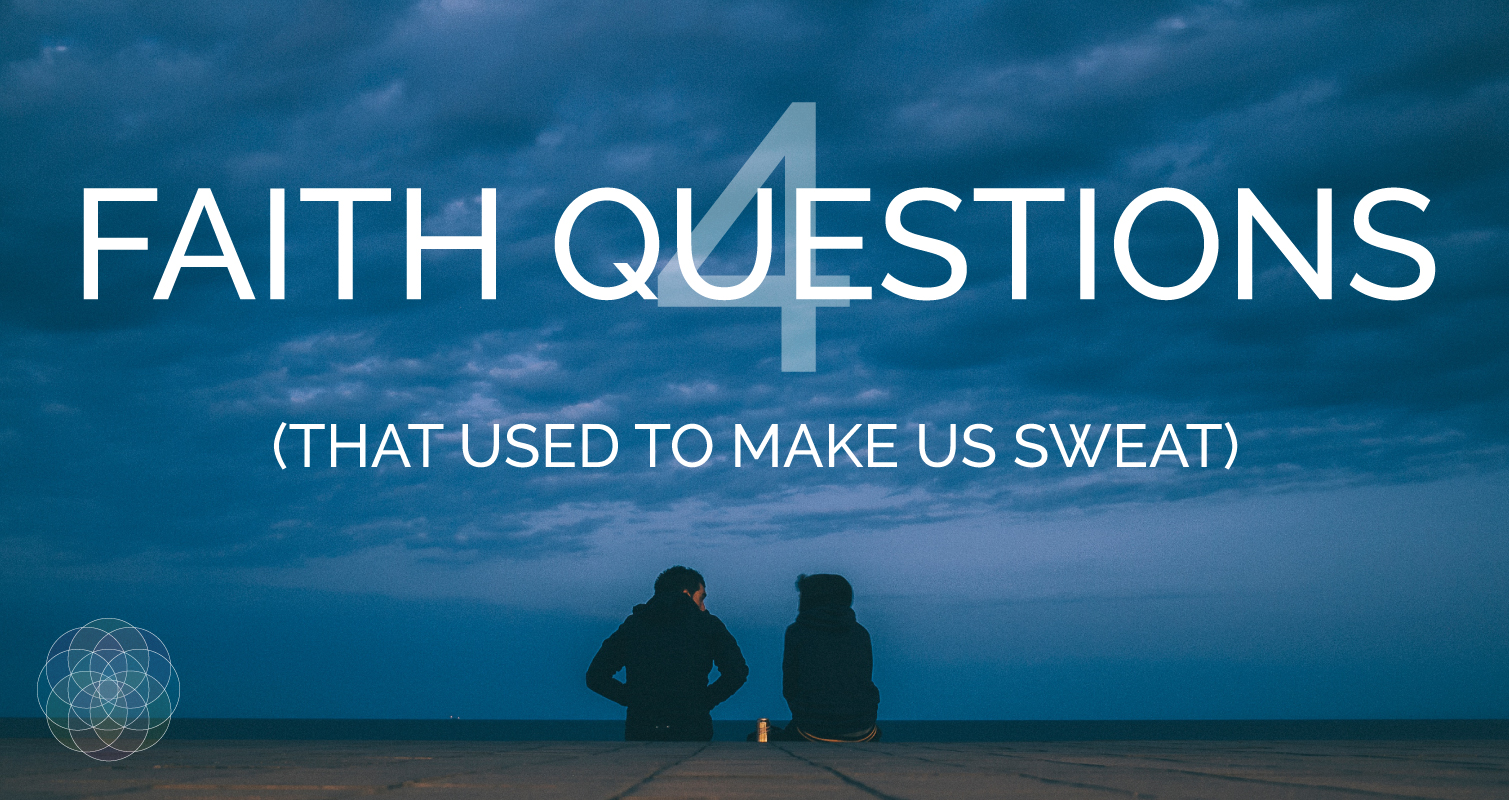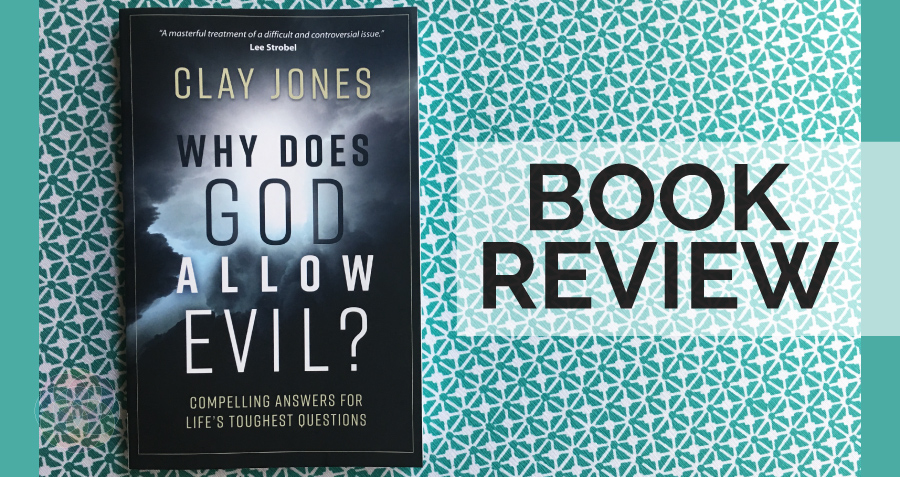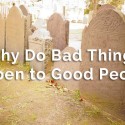Tag: problem of evil
-

4 Faith Questions that Used to Make Us Sweat
There are some questions about the Christian faith that you’ve undoubtedly heard, wondered, and/or been asked. When the questions arose, it’s very likely that you either already had an answer, didn’t have an answer but felt confident you could find one, or were straight up stumped. All of us have been stumped at one time…
-

Book Review: Why Does God Allow Evil?
Friends, we recently finished reading Why Does God Allow Evil? by Dr. Clay Jones. It’s the fantastic culminating work of decades of teaching and research. Buy it. Read it. The end. I’m tempted to leave this as is and let that be the extent of our review. But, lest you still need convincing that this…
-

What Happens When We Die?
Recently there was an officer involved shooting near our home. Two men were wounded, and unfortunately, one of the police officers died. At our son’s school, kids were given the opportunity to write letters and draw pictures to encourage the local police department. When he came home from school and shared what he knew about…
-

Original Sin: “It’s Not Fair!”
“It’s not fair!” This is a phrase my children are beginning to test out as they face the consequences of their decisions or balk at parental direction. Humans love to shift blame. We are pretty good at it. We have been doing it since Adam took a bite of the fruit of the knowledge of…
-

Why Do Bad Things Happen to Good People?
This question can take on a few different forms but the essence is usually asking why God would allow pain, suffering, or death to effect a seemingly innocent person. Why Do Bad Things Happen to Good People? How do we answer this question when our peers, family members or friends ask? IMPORTANT DISCLAIMER The following is…
-

Weekly Roundup – 8/9
We hope you will find this list of collected bits from around the web interesting and useful today. This week we focus on the problem of evil(why does a good God allow pain and suffering?) and end with a wonderful article about why it matters to think about these things. Let us know what you…
